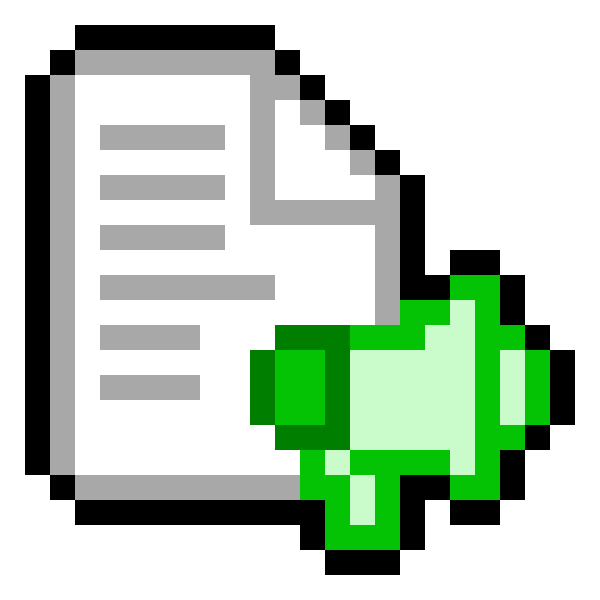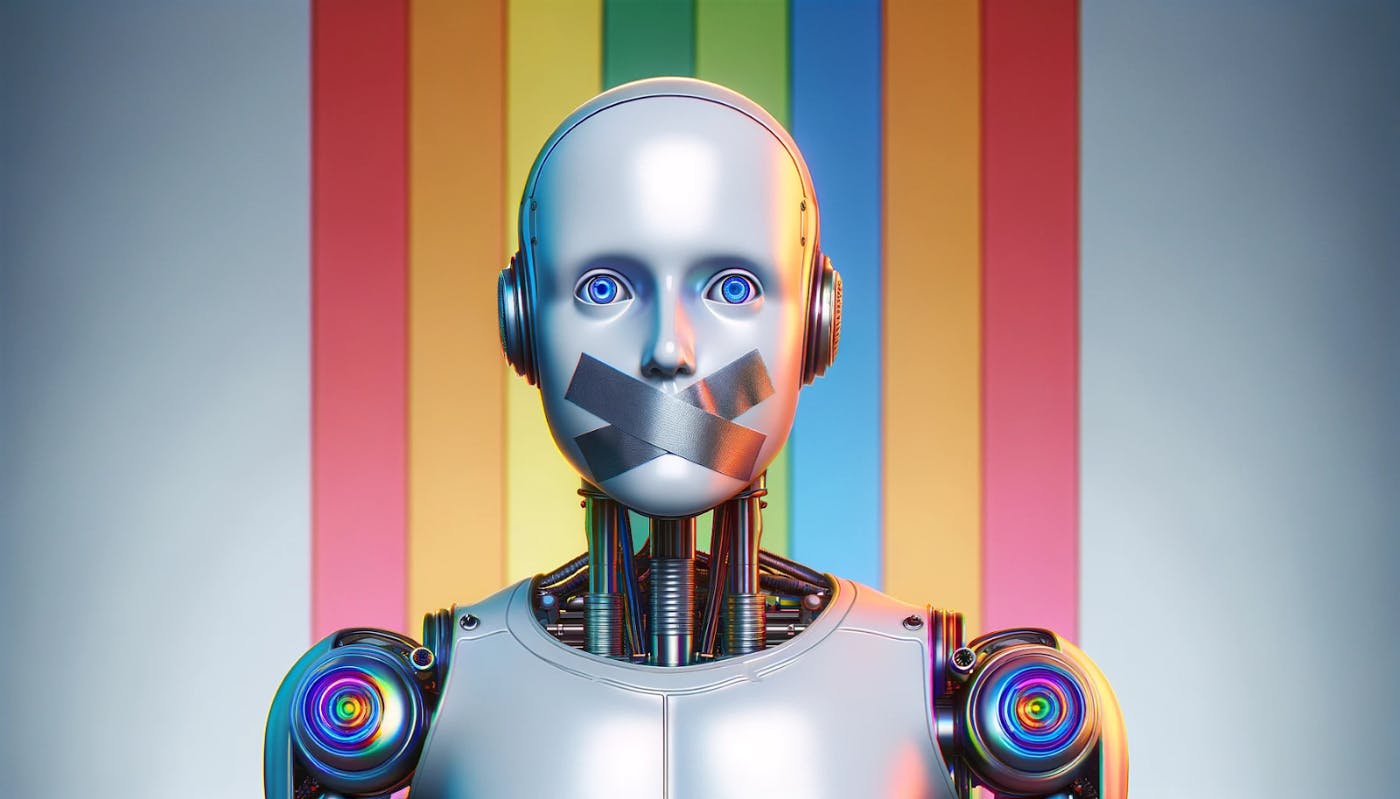Audio Presented by

Jon Stojan is a professional writer based in Wisconsin committed to delivering diverse and exceptional content..
Story's Credibility

About Author
Jon Stojan is a professional writer based in Wisconsin committed to delivering diverse and exceptional content..
